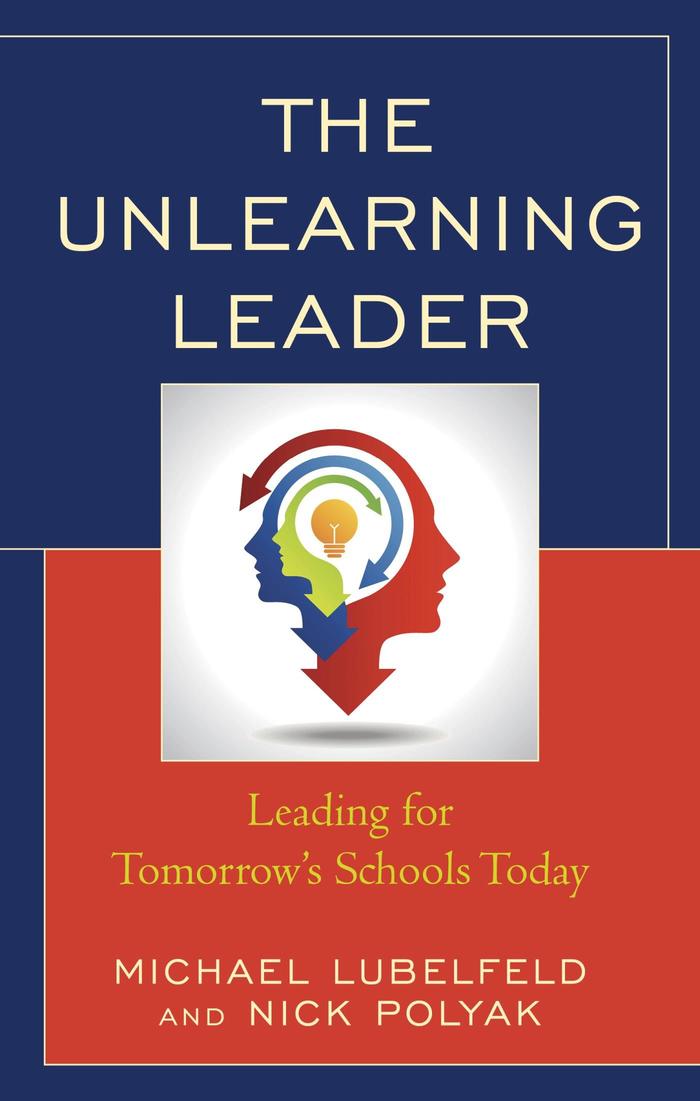We all know that education opens doors, and is vital if you wish to advance your career or lead tomorrow’s digital ventures. So does some degree of technology skills, of course. Not only should your education keep going through the rest of your life, but it also means continuous unlearning as well.
That’s the word from educational and executive development leaders who are focusing and refocusing efforts on preparing aspiring leaders for the 2020s enterprise — in a world that keeps changing from year to year. “Be willing to continuously learn, unlearn, and learn again,” advises Gregory Prastacos, dean of the School of Business at Stevens Institute of Technology. “Old practices and concepts get outdated quickly; it takes an effort to un-learn them and learn and practice the new ones.”
Sure, a business degree from a leading university is nice to have and opens plenty of doors, at least early in one’s career. However, the skills and perspectives gained while earning that degree tend to get quickly upended by the changing realities of business. There is, instead, a need for continuous learning to keep up with changes. And, just as importantly, continuous unlearning. “The school you attend is less relevant than what you learn — if you aced all your classes at an Ivy but don’t know a thing about critical analysis, you’re going to have a lot of catching up to do when you land your first job,” says Sravan Ankaraju, president of Divergence Academy and author of Hackers and Heroes: How Everyone Can Participate in the Tech Economy.
This calls for adaptability for than anything else — being open to new ways of doing business as they evolve — be it digital, through pandemics, or other disruptions. “Last year was a turning point for businesses across the world that had to adapt to a new reality,” says Thanos Papangelis, co-founder and CEO for Epignosis. “With knowledge becoming obsolete at such a quick pace, one’s ability to learn is becoming increasingly important. It doesn’t matter anymore what you know, but how quickly you can learn.”

While formal training and education may provide a foundation for critical thinking, the ultimate form of education will come through experiences. “Leaders who seek breadth and variety in increasingly more complex situations will grow more quickly,” says Tim Knezevich, global talent management executive with Avanade. “The key is to demonstrate learning agility – the capacity to learn from experiences and apply skills to new, first-time conditions. It requires a high degree of curiosity and self-awareness.”
MORE FROMFORBES ADVISORBest Travel Insurance Companies
ByAmy DaniseEditorBest Covid-19 Travel Insurance Plans
ByAmy DaniseEditorHaving digital and technology skills is extremely important. Yet, it’s not about specific technology knowledge, but rather, a broad understanding what technology can do and the power it brings to business development that is a must for aspiring business leaders. The technology underneath will keep changing from year to year, and even month to month — again, requiring just as much continuous unlearning as learning. What’s important is being open and adaptable to these changes. “With every business role changing, someone needs to be aware of the capabilities and limitations of technology and analytics in their field,” says Prastacos. “It will help them visualize new business models, and new ways of doing things. A high-level executive of a major financial company was telling me recently that he and his team learned Python and are now programming themselves, something that has accelerated their work by 10 times.”
Being able to discern patters and see the big picture is increasingly important in this fuzzy and continuously evolving environment,” says Prastacos. The ability to analyze big data, discern patterns, use alternative methodologies, utilize machine learning techniques, develop alternative scenarios, utilize visualization techniques to understand patters are quickly becoming essential in every company and role.”
At the same time, “different businesses, industries, and different roles – or even sub-roles – require different technology skills,” Papangelis cautions. “As digital transformation accelerates, the need for tech skills accelerates too and every single job, even in more traditional industries, will soon require some kind of technology familiarization. Artificial intelligence is expected to dominate any industry. But it’s really hard to make predictions for what’s coming even in the next five or 10 years.”
What is certain is “there will be variability to what technology skills are required by leaders based upon the seniority and the organizational context,” says Simon McGoran, leadership development director with Avanade. “Those role-appropriate skills that enable enhanced insights, speed of execution and personal and organizational efficiencies will be core for all leaders. While there will be an absolute requirement for leaders with the human touch, we predict that technology will accelerate and evolve to the extent that leaders can focus so much more of their capability on making a human impact.”
Digital transformation is changing the world of work, “so whether you majored in Mandarin or quantum physics, you’ll need skills to navigate the digital world,” says Ankaraju. “Young people need to prepare for jobs that may not yet even exist. A willingness to learn the necessary skills and think outside the box will put you ahead of your peers. Emerging technology can’t run itself; it needs living, breathing human beings to keep it running. What specific skills people will need to succeed will probably be outdated by the time they read this.”




